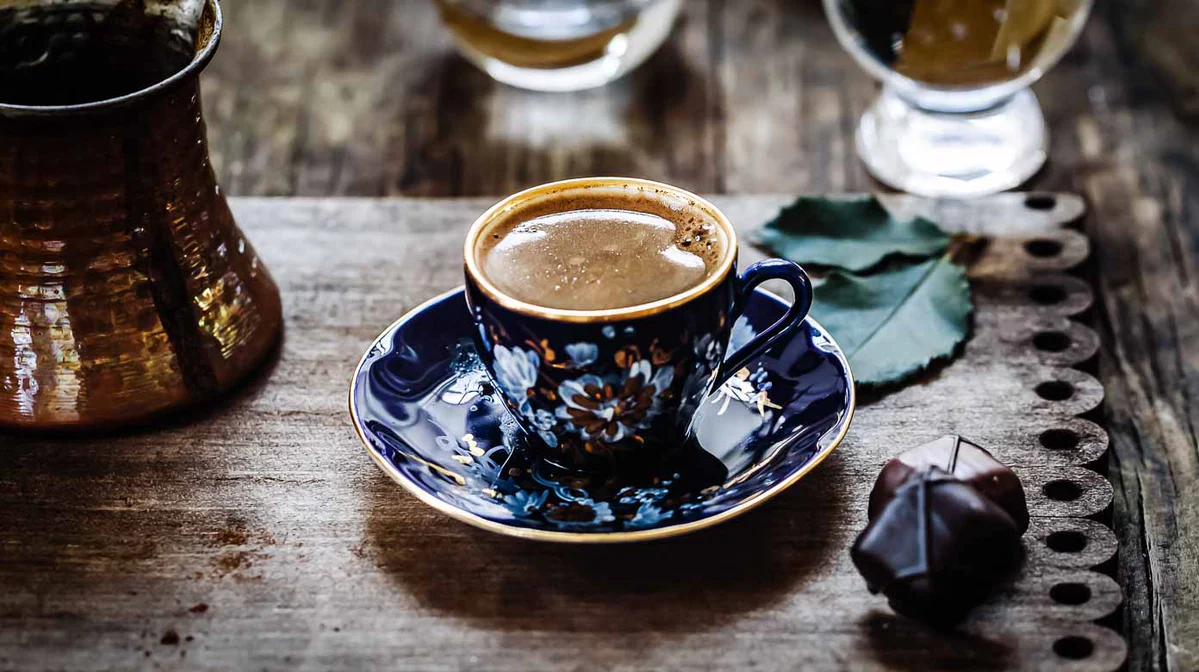From Tulips To Turkish Coffee: 10 Lesser Known Aspects Of Turkish Culture

Turkey is an exciting country with a wide range of cultural traditions. It is located between Europe and Asia. From its historical sites and beautiful landscapes to its delicious food and traditional customs Turkish culture is a fascinating mix of one of a kind experiences. Here are ten interesting facts about Turkish society that may surprise you. These less well known facts will help you understand and value Turkey’s rich practices and habits even more. Let’s go on an adventure to learn more about the exciting details of Turkish society.
Hospitality: A Way Of Life
The Turkish are known for being very friendly and helpful. In Turkish society the idea of “misafirperverlik,” which means being friendly to guests is firmly rooted. When people come to Turkey they are often greeted with open arms and treated like family. Turkish hosts proudly serve their guests delicious food, traditional tea and meaningful talks. This makes hospitality a significant value in Turkish culture.
The Whirling Dervishes: A Mystical Tradition
Mevlevi Sufis also known as Whirling Dervishes are a spiritual group in Islam. They perform a beautiful sacred and hypnotic “Sema” dance. In this dance dervishes spin in a way that represents being one with the world. They are trying to reach a trance-like state where they can connect with God. A Whirling Dervish performance is a beautiful show and a chance to see a spiritual practice unique to Turkish culture which has been around for hundreds of years.
Traditional Turkish Coffee
In Turkish society, Turkish coffee is essential. It more than just a drink it signifies friendship and kindness. In Turkey coffee is made slowly in a unique pot called a cezve and served in small cups. Folklore says that the grounds settle at the bottom of the cup and can be used for fortune telling called fall. Sharing a cup of Turkish coffee with family or friends is a fun way to experience the traditions accompanying this old drink.
The Art Of Turkish Tiles
Turkish tiles are essential to Turkish building and artistic arts. The designs on these hand painted clay tiles are very complicated. They often show flower patterns, geometric shapes and calligraphic writing. The walls of churches, castles and traditional homes all have Turkish tiles. They are beautiful to look at and show how art skills have been passed down through generations making them a real treasure of Turkish culture.
Olive Oil: Liquid Gold
Turkey makes some of the best olive oil in the world. The country’s rich land and mild weather make olive trees grow well. Turkish olive oil is famous for its taste and high oil is essential in Turkish food because it gives food depth and sweetness. It is used in classic food soups and mezes appetizers. By learning more about Turkey’s olive oil culture you can better understand the country’s rich food history.
Turkish Bath Experience
The Turkish bath or hamam is an old way of taking a bath that goes back hundreds of years. It is a one of a kind event that mixes getting clean, relaxing and meeting new people. The hamam usually has a room made of heated marble, a platform in the middle called the “göbektaşı,” and several tubs with hot and cold water. When people go to Turkey they can relax in a Turkish bath where skilled workers scrub and massage them leaving them feeling refreshed and renewed.
Tulips: A Turkish Symbol
Despite what most people think, tulips came from Central Asia. The Ottomans brought them to Europe and made them famous in Turkey. In Turkish tradition tulips are very important. They are a sign of plenty of beauty and spring. The Ottoman Empire greatly loved tulips used in Turkish art building and crafts. Today is the Istanbul Tulip Festival, a time to enjoy the beauty of these flowers. Millions of tulips stunning locals and tourists are growing all over the city.
Traditional Turkish Carpets
Turkish rugs are known worldwide for being very well made and having complicated patterns. The shapes, colors and symbols on each carpet tell a story. Turkish rugs are made by hand using methods passed down from generation to generation. They have different styles like Anatolian Kilim and Oushak and each area has unique traits. A Turkish carpet makes a room look nicer and ties you to the old art of carpet making which is very important to Turkish culture.
Henna Night: Pre-wedding Tradition
In Turkey henna nights or “kına gecesi,” are essential to the wedding events. Girls from the bride to be family and friends get together for a happy event to enjoy their future marriage. Henna designs are drawn on the bride’s hands and feet all night while people sing and dance. Henna is a sign of fertility, good luck and defense against evil. In Turkish weddings family and neighborhood ties are significant; this event shows their importance.
Nasreddin Hoca: The Wise Fool
People in Turkey love Nasreddin Hoca the figure from folktales and jokes. He is an intelligent fool known for telling funny stories and having brilliant insights. Nasreddin Hoca stories often have moral lessons and comments on society. People in Turkey have told stories about his funny adventures and witty comebacks for many generations making him an essential part of Turkish oral culture. Nasreddin Hoca stories continue to make people laugh and teach them about the wise and funny parts of Turkish society.






